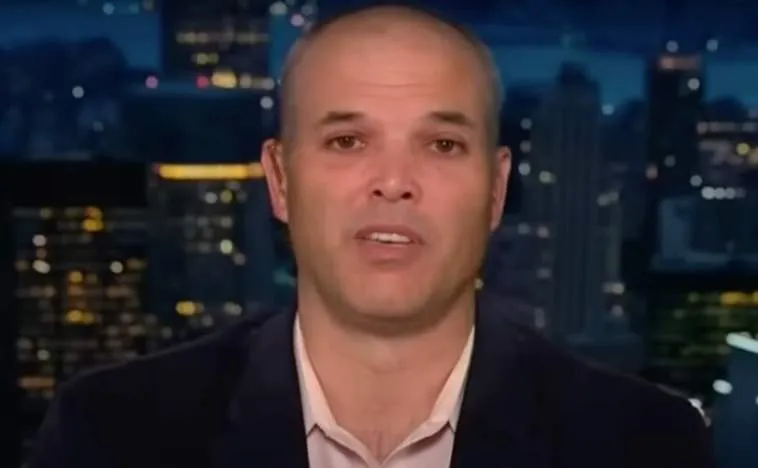(LifeSite) The nineteenth “Twitter Files” installment has revealed that a Stanford University initiative routinely told social media companies to suppress posts containing “[t]rue content which might promote vaccine hesitancy.”
According to the latest installment of files posted to Twitter on Friday by journalist Matt Taibbi, The Virality Project, a Stanford University initiative launched in May 2020 that receives federal funding by the Department of Defense and the National Science Foundation, instructed Big Tech social media platforms such as Twitter and TikTok to take action against admittedly “true” posts regarding the experimental COVID-19 vaccines as part of its fight against “disinformation.”
In the internal communications posted by Taibbi, the Stanford-led project flagged“ True content which might promote vaccine hesitancy,” including “stories of true vaccine side effects,” as content that needed to be combatted through censorship.
5.Just before @ShellenbergerMD and I testified in the House last week, Virality Project emails were found in the #TwitterFiles describing “stories of true vaccine side effects” as actionable content. pic.twitter.com/dKxTnxDc3a
— Matt Taibbi (@mtaibbi) March 17, 2023
In another communication between the project and high-ranking Twitter employees Yoel Roth and Brian Clarke, the Stanford researchers explained that some of these “true posts which could fuel hesitancy” included “individual countries banning certain vaccines” and “celebrity deaths after vaccine.”
14.VP told Twitter that “true stories that could fuel hesitancy,” including things like “celebrity deaths after vaccine” or the closure of a central NY school due to reports of post-vaccine illness, should be considered “Standard Vaccine Misinformation on Your Platform.” pic.twitter.com/nOyuw2r5cH
— Matt Taibbi (@mtaibbi) March 17, 2023
The Vitality Project also determined that posts that were critical of “vaccine passports” were “misinformation,” justifying the classification by saying that those who oppose discrimination based on vaccine status “have driven a larger anti-vaccination narrative about the loss of rights and freedoms.”
15. In one email to Twitter, VP addressed what it called the “vaccine passport narrative,” saying “concerns” over such programs “have driven a larger anti-vaccination narrative about the loss of rights and freedoms.”
This was framed as a “misinformation” event. pic.twitter.com/ZdbKE1tFac— Matt Taibbi (@mtaibbi) March 17, 2023
Perhaps the most pointed examples of factual information the group wanted suppressed under the guise of misinformation were the “true stories of people experiencing blood clots after receiving the AstraZeneca vaccine,” as according to them, “Increased doubts in one manufacturer’s vaccine may lead to hesitancy about vaccination overall.”
16.VP routinely framed real testimonials about side effects as misinformation, from “true stories” of blood clots from AstraZeneca vaccines to a New York Times story about vaccine recipients who contracted the blood disorder thrombocytopenia. pic.twitter.com/EJ9hxLkMI2
— Matt Taibbi (@mtaibbi) March 17, 2023
The project also took issue with any expression of curiosity in adverse reactions, alleging that “just ‘asking questions’” is “a tactic commonly used by spreaders of misinformation to deflect culpability.”






